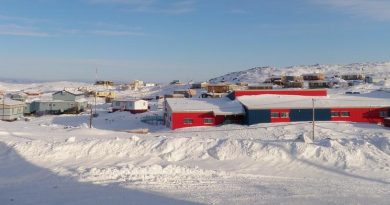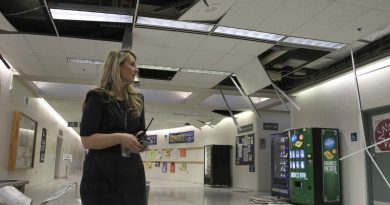Canada, Finland signal Arctic priorities with new strategic partnership
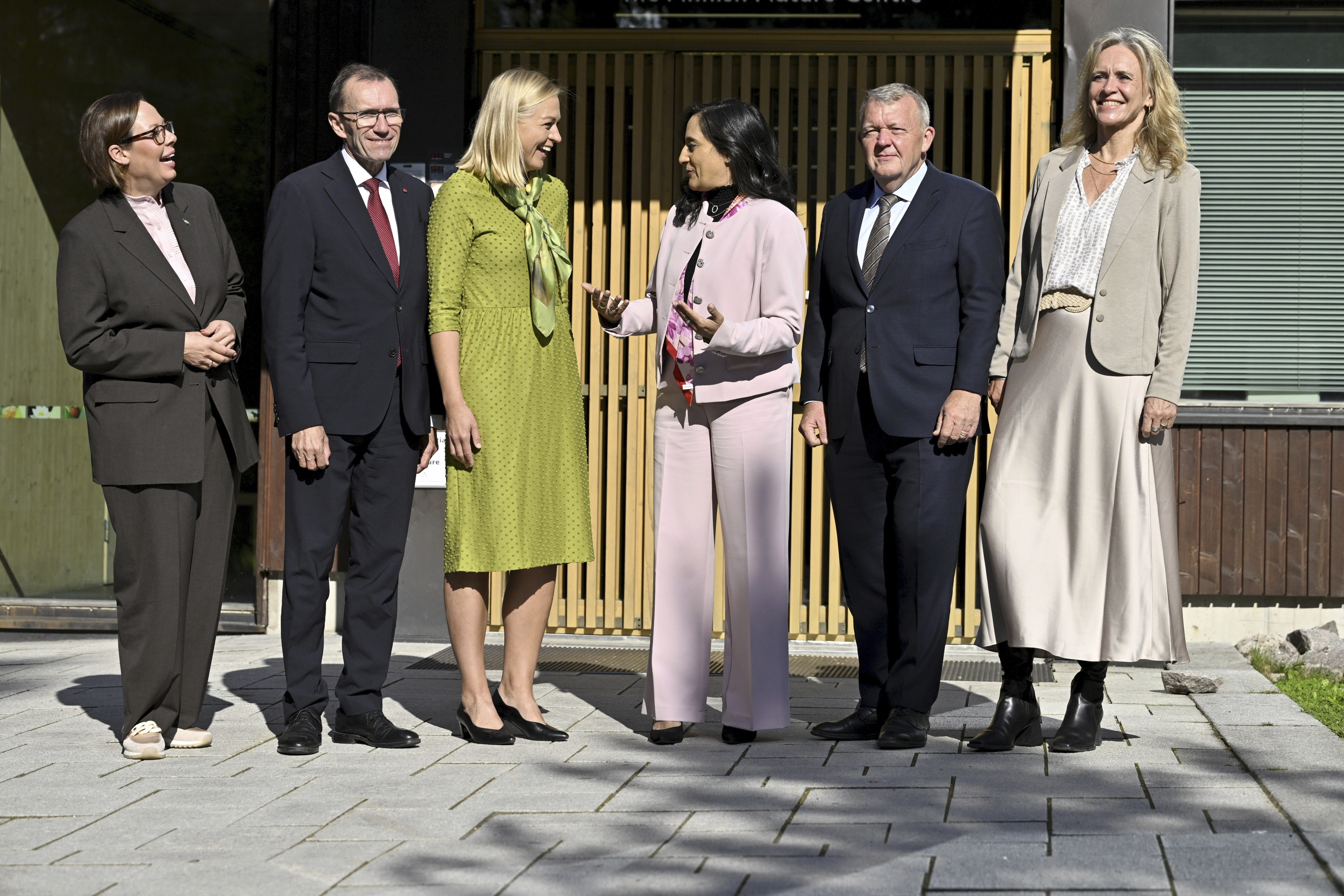
Canada and Finland are doubling down on the Arctic, unveiling a new strategic partnership on Tuesday that links shipbuilding, security, and NATO coordination in the Far North.
The foreign and security policy initiative, announced August 19, builds on years of cooperation and comes with a clear message from Ottawa and Helsinki that as global tensions rise and the Arctic warms, a more robust approach to the North is needed.
“In response to the shifting geopolitical, security, and economic environment, both countries are enhancing their foreign and security policy dialogue at both political and working levels, with regular consultations and high-level engagement remaining central to this effort,” the countries said in a joint statement on Tuesday.
A centerpiece of the partnership is the Icebreaker Collaboration Effort, ICE Pact, a joint Canada–Finland–U.S. initiative to develop new Arctic and polar icebreakers, using Finland’s shipbuilding expertise to respond to demand for modern vessels in both Canada in the United States.
Officials say the deal is vital for navigation, trade, and security as melting ice opens northern waters to new traffic.
“[The implementation of the ICE Pact] deepens our long-standing maritime industrial cooperation and contributes to bolstering Arctic security in the long term,” the statement said.
Situational awareness in the North
Beyond shipbuilding, the statement highlighted plans to boost monitoring of Arctic waters and threats, including maritime safety, Russia’s “shadow fleet” and countering hybrid and cyber threats.
Canada’s Arctic Foreign Policy, released in December 2024, made strengthening ties with regional partners, including Nordic nations, an important pillar of Ottawa’s northern strategy.
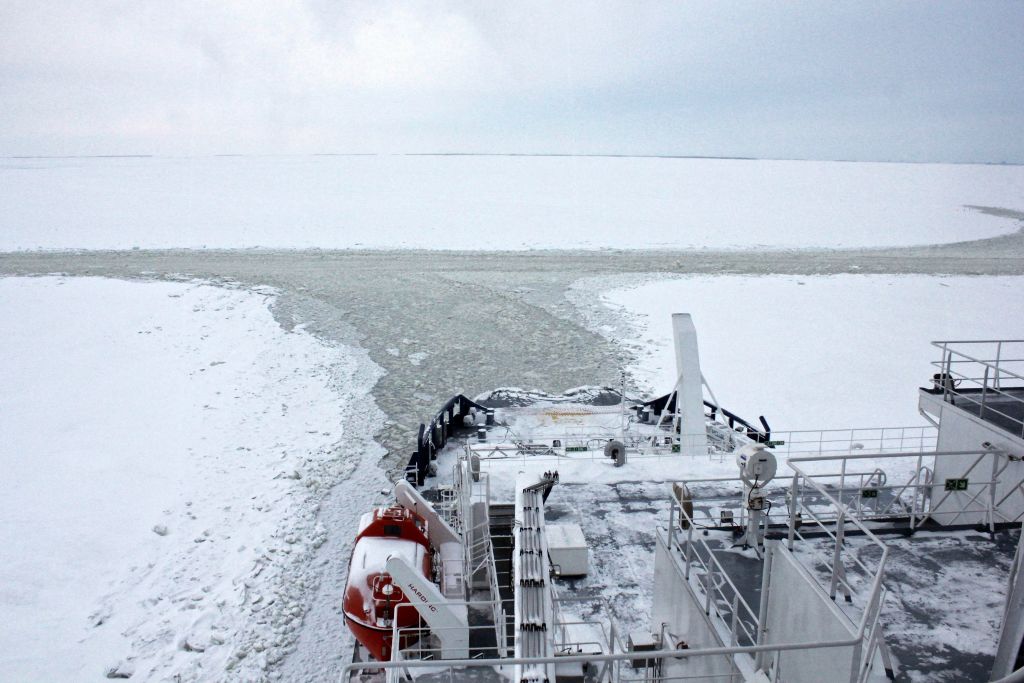
Many of the items outlined in the joint statement were already underway but both governments signaled the new partnership would bolster these initiatives.
“Canada and Finland are close NATO allies and partners in the Arctic,” Canada’s Foreign Minister Anita Anand said on X.
“Today with Minister @elinavaltonen, our nations’ strengthened cooperation on NATO collaboration, Arctic and North Atlantic security, countering hybrid threats, and reiterated our support with Ukraine.”
Focusing NATO on North
Both countries stressed they want NATO to sharpen its northern focus.
Canada currently leads the Alliance’s multinational mission in Latvia, while Finland — who joined NATO after Moscow’s Ukraine invasion — shares a 1,340km eastern border with Russia.
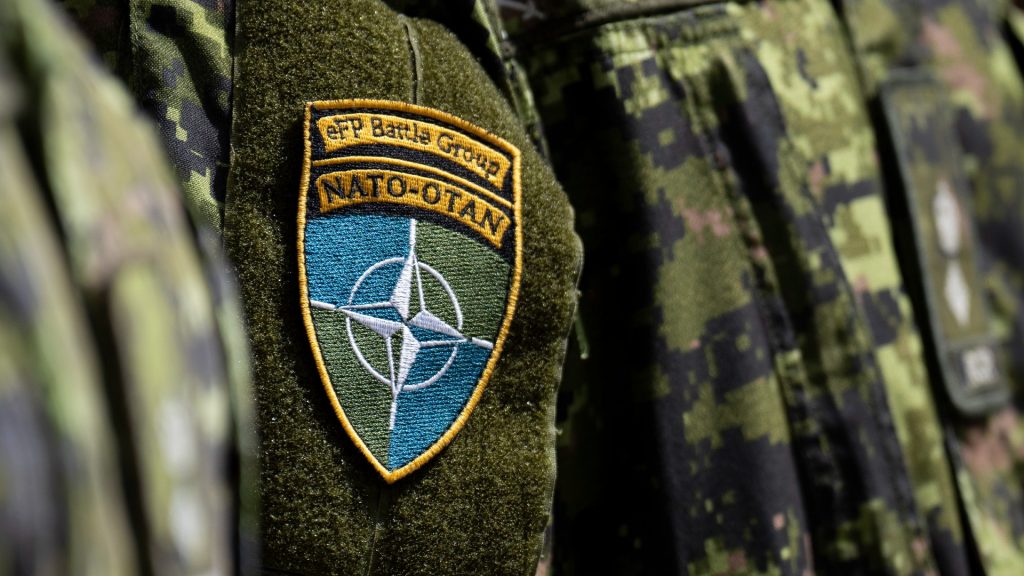
Both Helsinki and Ottawa say they are pushing for Arctic concerns to feature more prominently in alliance planning as well as among the seven western states (A7) in the Arctic Council, warning that northern vulnerabilities are inseparable from European security.
“Finland and Canada remain committed to ensuring Arctic and Northern perspectives are considered in NATO activities, where relevant,” they said. “Both countries are also advancing dialogue within the Arctic Seven (A7), viewing it as a valuable platform for promoting these priorities within NATO.”
In addition to security and Arctic policy, Helsinki and Ottawa also pledged deeper cooperation on science and clean-tech investment.
Write to Eilis at eilis.quinn@cbc.ca
Related stories from around the North:
Canada: Trump–Putin summit in Alaska draws close watch from Arctic leaders over Ukraine, security stakes, CBC News
Denmark: Denmark to expand Arctic surveillance with purchase of long-range drones, Reuters
Greenland: Europeans step up Arctic diplomacy amid U.S. and global pressure, Eye on the Arctic
Finland: Finland hails plan for allies to join NATO land forces in North, The Independent Barents Observer
Iceland: Europe’s Von der Leyen strengthens Arctic security ties with Iceland during visit, Eye on the Arctic
Norway: Amid Norway’s celebration of Svalbard Treaty comes another verbal attack from Moscow, Reuters
Russia: Russian pilots learn to target long-range drones in Barents Sea combat drill, The Associated Press
Sweden: Europe and the US stand united ahead of Alaska meeting: Swedish PM, Radio Sweden
United States: Trump, Putin arrive for pivotal Alaska summit that could reshape Ukraine war, The Associated Press

